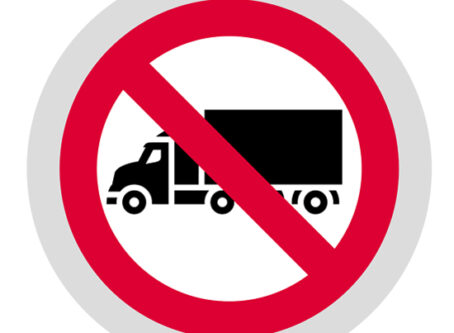Ten states join opposition to Washington state’s new oil standards
Attorneys general in 10 states are asking the Trump administration to overturn a new Washington state law regulating the transportation of oil, claiming new oil classifications go against federal law and negatively impact their states.
On Monday, Sept. 23, attorneys general for Arkansas, Indiana, Louisiana, Nebraska, Ohio, Oklahoma, South Dakota, Utah, West Virginia and Wyoming sent a letter to Paul Roberti, chief council for the U.S. Department of Transportation’s Pipeline and Hazardous Materials Safety Administration. The letter echoed arguments originally made by North Dakota and Montana regarding a law in Washington state that essentially bans Bakken crude oil.
Those 12 states may find relief with the Trump administration, which has acted favorably to looser oil and gas regulations. On Sept. 19, the Trump administration announced the “One National Program Rule,” which essentially undermines California’s strict emissions rules.
In a news release, Secretary of Transportation Elaine Chao called Trump’s One National Program Rule a step to ensuring “no state has the right to impose its policies on the rest of the country.” Similarly, the attorneys general in their letter claim Washington state is imposing their overly strict rules on their respective states.
Washington’s vapor law
In May, Gov. Jay Inslee signed SB 5579 into law. The law requires facilities loading and unloading crude oil from a rail tank car to meet strict vapor pressure standards. More specifically, facilities are prohibited from storing or offloading oil that has vapor pressure of more than 9 psi.
Washington state’s new oil standards is a response to a 2013 rail derailment incident that killed 47 people in Canada. According to a news release from Sen. Andy Billig, D-Spokane, the only tank car that did not explode was one carrying oil with a vapor pressure of 9 psi. Billig sponsored the bill.
New vapor standards do not go into effect until two years after the state Department of Ecology provides notification that the volume of crude oil transported by rail during a calendar year has increased by more than 5% compared to the volume transported in 2018. Fines can reach $2,500 per day per rail tank car.
Consequently, the law directly and intentionally affects Bakken crude oil. The legislation addresses “the risk posed by shipping highly flammable Bakken crude oil traveling through communities across the state,” according to Billig’s news release. Billig cites 14 derailment cases involving Bakken crude in North America.
North Dakota and Montana contest Washington’s law
In a Public Notice and Invitation to Comment published in the Federal Register on July 24, North Dakota and Montana argued that federal hazardous material transportation laws preempt Washington state’s new vapor pressure law.
The two states filed an application for a preemption determination to the Pipeline and Hazardous Materials Safety Administration. North Dakota and Montana claim the new law “amounts to a de facto ban” on Bakken oil. The states relied on two main arguments.
Firstly, the application contends that the vapor requirement poses obstacles to the Hazardous Material Transportation Act. Complying with Washington’s standards will require at least one of the following:
- Pretreating crude oil prior to loading the tank car.
- Selecting an alternate mode of transportation.
- Redirecting crude oil to facilities outside of Washington state.
Secondly, North Dakota and Montana argue that Washington’s vapor law is not “substantively the same as the federal requirements.”
Ten states join North Dakota and Montana
On the last day of comments, 10 attorneys general signed off on a letter echoing North Dakota’s and Montana’s concerns.
The states point out that Washington state is creating a new class of crude oil defined by its vapor pressure. They argue this will regulate how facilities handle certain oil in a fashion dissimilar to other facilities outside the state. Likewise, there are no federal laws that have a vapor pressure oil class.
“Thus, Washington’s law violates the requirement to be substantively the same as federal laws on ‘the designation, description, and classification of hazardous material’ as well as the ‘handling’ of hazardous material,” the letter states.
Moreover, the letter claims the new law will increase shipping time. As a result, some shipments will need to be rerouted outside the state of Washington.
The states represented in the letter, most of which are landlocked, are concerned about the precedent Washington’s law can set. They claim that states with access to port cities are in a position to harm landlocked states. For example, states like Washington have processing facilities near major commerce hubs.
“Regulating what goods those facilities can accept is functionally the same as regulating the transportation of goods because states that cannot use the refineries there also cannot ship oil and gas products from there,” the attorneys general state. “To conclude that states can invent and impose special burdens on new classifications of oil and gas from their facilities would allow states with port cities to leverage their location to the disadvantage of energy producing states.”









